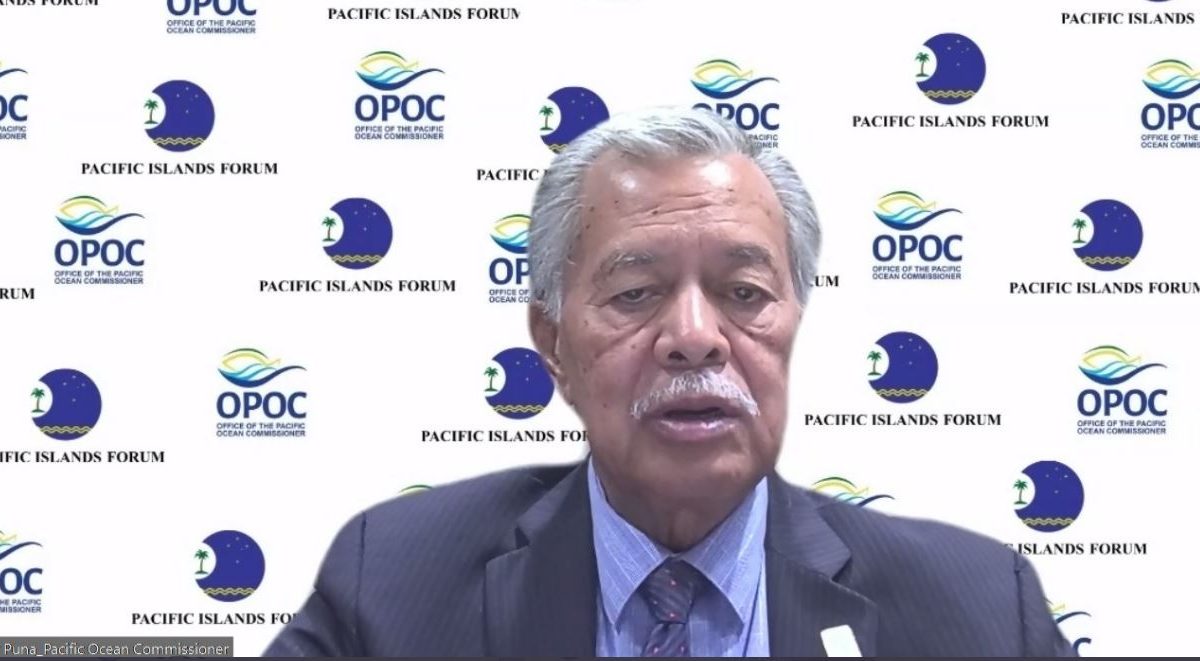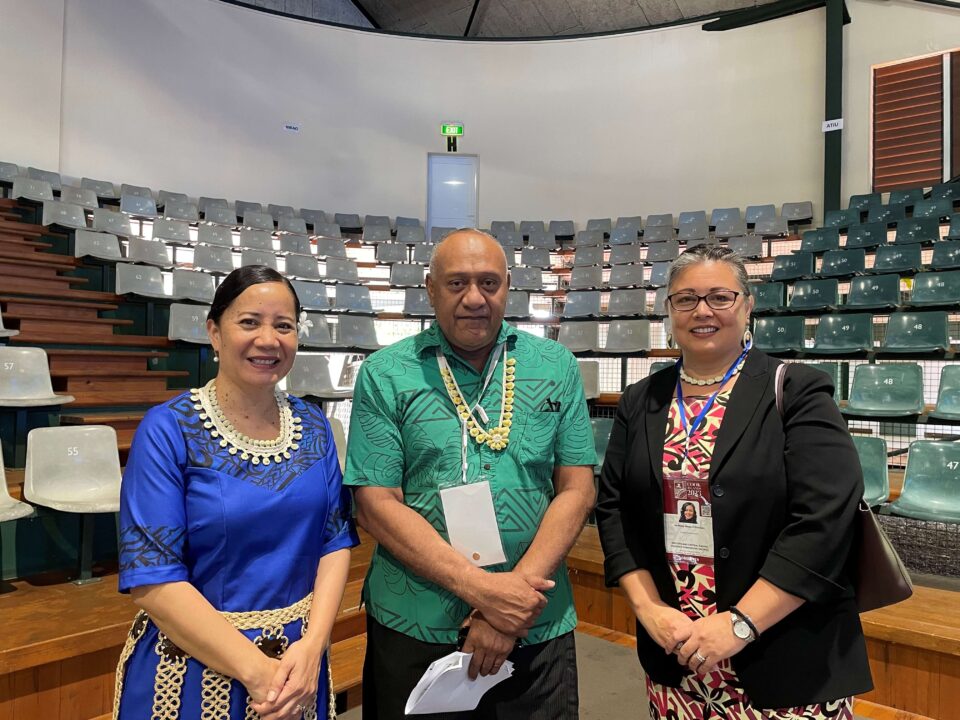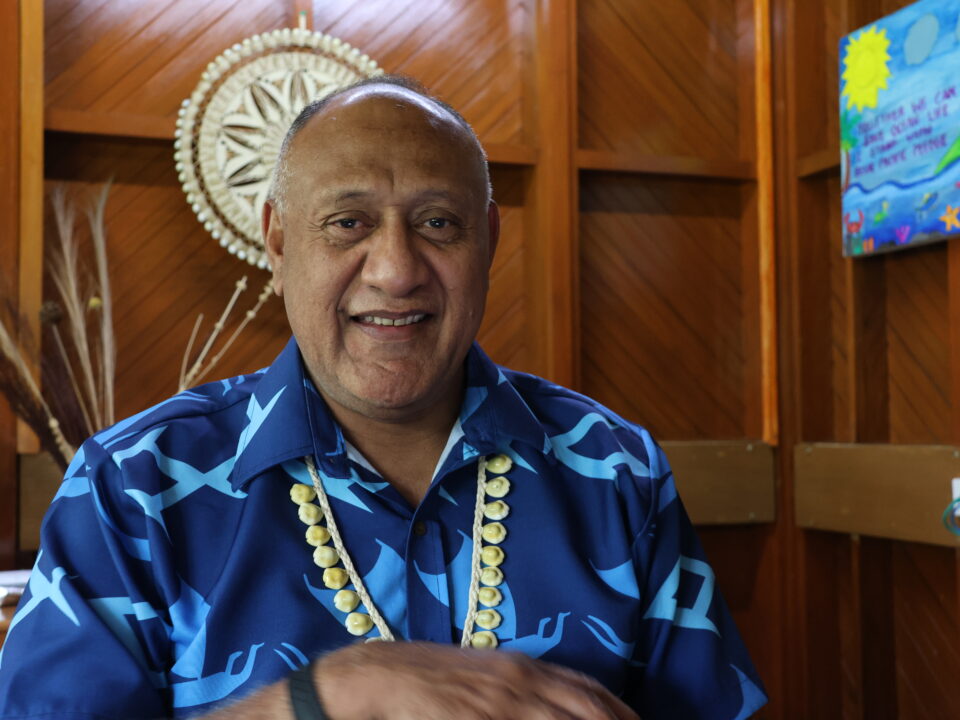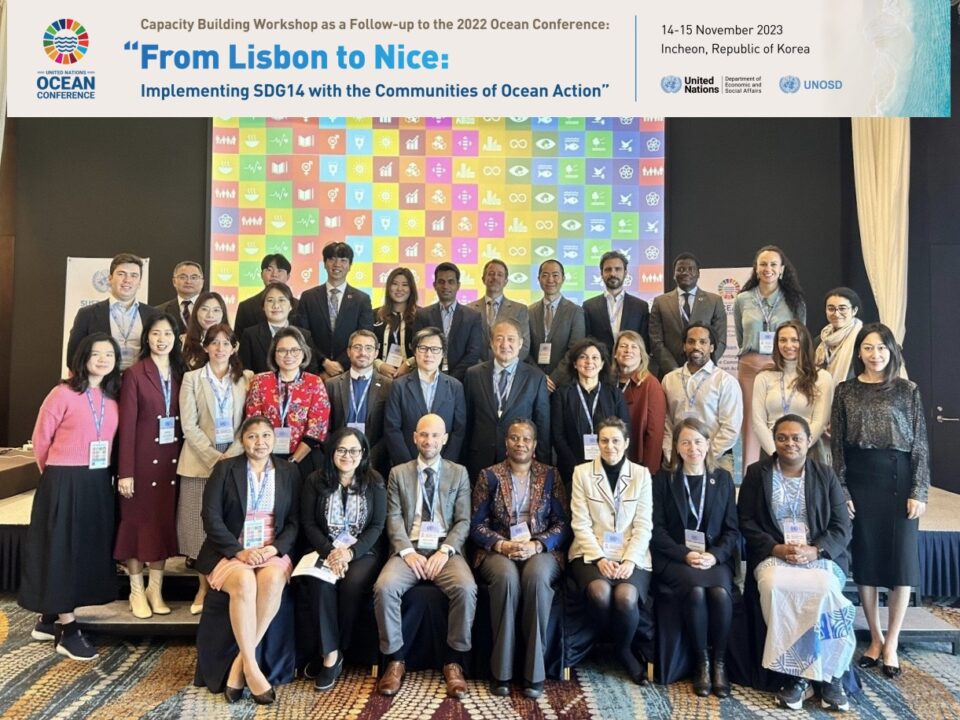
SATELLITE ACTIVITY FOR AN INSPIRING AND ENGAGING OCEAN- UN OCEAN DECADE
3.00pm – 5.00pm
8 July 2021
Vaka Moana: A Journey to An Inspiring and Engaging Pacific Ocean
Statement by the Pacific Ocean Commissioner and Secretary General Pacific Islands Forum , Henry Puna
Reverend Nikotemo Sopepa
Director General of the Pacific Community, Stuart Minchin
Panelists for today’s event,
Ladies and Gentlemen
Kia Orana from Auckland
I am pleased to join you all on this “Vaka Moana: A journey to an inspiring and engaging Pacific Ocean.
Our part of planet Earth, the Blue Pacific Continent, is 96% ocean. Together, our island countries are custodians of over 40 million square kilometres of the Pacific Ocean.
For us, the ocean is our past, our present, our future. Pacific Islands Forum Leaders have recognised this in their Ocean Statement, 2021.
The potential of the Ocean to meet our sustainable development needs is enormous. In fact, for small island developing states, the Ocean is central to livelihoods and development aspirations.
Unlocking this potential, however, is linked to, amongst others, the impact of climate change and other human-induced activities on our Ocean.
This includes past and current challenges, related to nuclear testing and contamination.
In this regard, and looking beyond 2030, our Pacific Leaders have called for a 2050 Strategy for the Blue Pacific Continent, to be adopted later this year. This Strategy will provide a long-term vision of how we will protect the people, place, and prospects of our Blue Pacific.
This United Nations Decade on Ocean Science provides an opportunity for the evidence-based policy support we need to sustainably harness our Ocean and its bounty and achieve the Blue Pacific we want by 2050.
However, a defining issue underpinning the full realisation of our Blue Pacific Continent is the securing of all our maritime zones against the threats of climate-related sea-level rise.
To this end, we are committed to a collective effort, including developing international law, to preserve our members’ maritime zones in the face of climate change-related sea-level rise. This will achieve stability, security, certainty, and predictability of our maritime zones, and support sustainable development across our region.
At the international level, we also support the global goal to develop and implement a Post-2020 Global Biodiversity Framework under the Convention on Biological Diversity. The end goal is an international legally binding instrument for the conservation and sustainable use of marine biodiversity of areas beyond national jurisdictions.
As stewards of the Blue Pacific we remain steadfast and committed to regional and international ocean governance that is inclusive, putting people and sustainability at the centre of any Ocean management approach. Improving our access and use of satellite technology will no doubt enable us to access data and information on our ocean. Through digital transformation and innovative engagement, we will improve our collective management and advocacy on our Blue Pacific Ocean priorities.
The preparatory work spearheaded by the Pacific Community for the Decade of Ocean Science has identified some Pacific-focused priorities. I will cover three.
Enhancing and mainstreaming capacity Building and transfer of marine technology for Small Islands Developing States,
Partnerships for financing and opportunities to access Oceans data held by foreign governments and the private sector.
And of course—traditional knowledge. The Blue Pacific is a region rich in culture and knowledge on oceans management. The current ocean science decade provides an opportune moment for the region to develop traditional knowledge as the complement to formal science. This is an opportunity to foster cooperation between scientists, and holders of traditional knowledge.
With this image of our Blue Pacific in mind, the delivery of the decade on ocean science is a shared responsibility. It must involve not just the Blue Pacific, but all other oceans that make up the one global Ocean of our planet. It must be owned by all nations and all people. From the Private Sector, Maritime Users, Local Communities, Youth and Women – all must contribute to significantly progress
oceans science by 2030.
This is also an opportunity to inspire and engage. We want people to know the challenges and to understand the ways we are taking action in the Blue Pacific Ocean. Earlier this year, we launched a suite of publications, amongst them an incredibly special book, targeting our future custodians of the Ocean- our children.
Titled Our Sea of Islands, Our Blue Pacific –the book hopes to inspire our children, and the child in all of us, to resonate with the Ocean call which brought the first Vaka Moana navigators to this sea of islands.
For the people of the Pacific, the sustainability of our ocean is intertwined with our culture.
It is our identity, and our sovereignty.
It is our future. We must ensure no one is left behind as we journey, together, into this important and critical decade.
Solid ocean science and policy, coupled with consistent, sustained action towards implementation will be key to securing our Blue Pacific future, and the shared future of all the oceans of the world, merging into the one global ocean.
As the Blue Pacific, we will continue to remind the world of this simple truth– We are the ocean, and we are all the oceans.
Our one Blue Planet of 8 billion people– must all be ready to play our part.
We are ready for this ten-year Vaka Moana journey, and we look forward to a successful, inspiring, and engaging Ocean’s decade to 2030 and beyond.
Meitaki ma’ata, Vinaka vakalevu,
I thank you.
Also acknowledging other speakers: Tyler-Rae Chung, Professor Upolu Vaai, Mia Kami , Tekau Frere, Evelyn Ikelau Otto , Larry Raigetal , Tagaloatele Professor Peggy Fairbairn-Dunlop, Peter Sipeli, Calvin Rore and Kathy Jetnil-Kijiner




